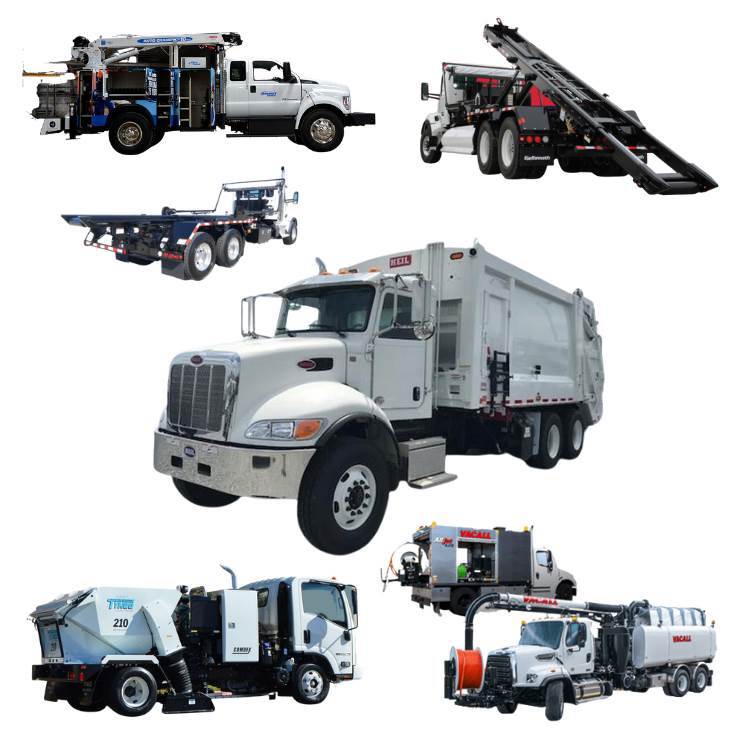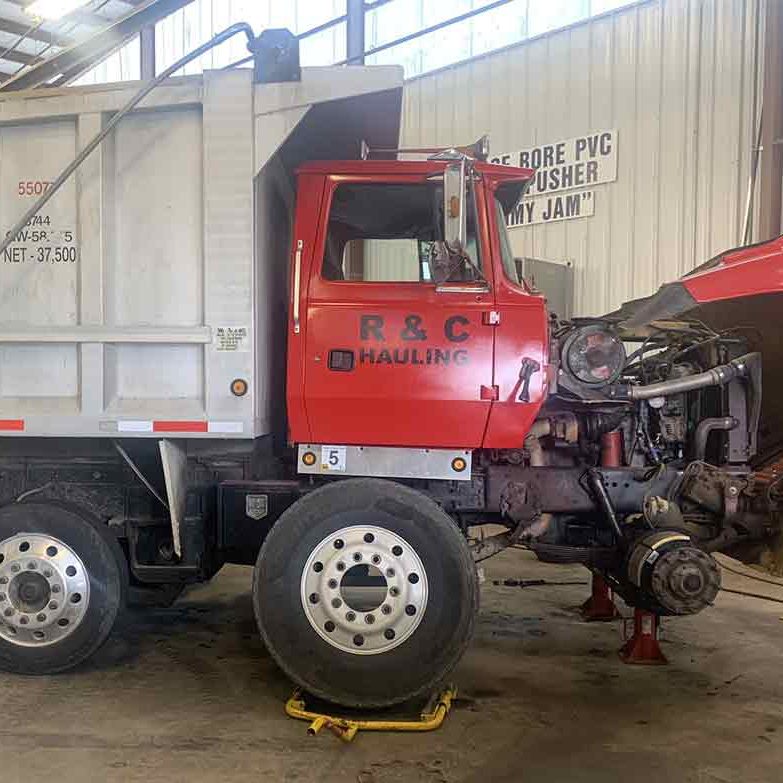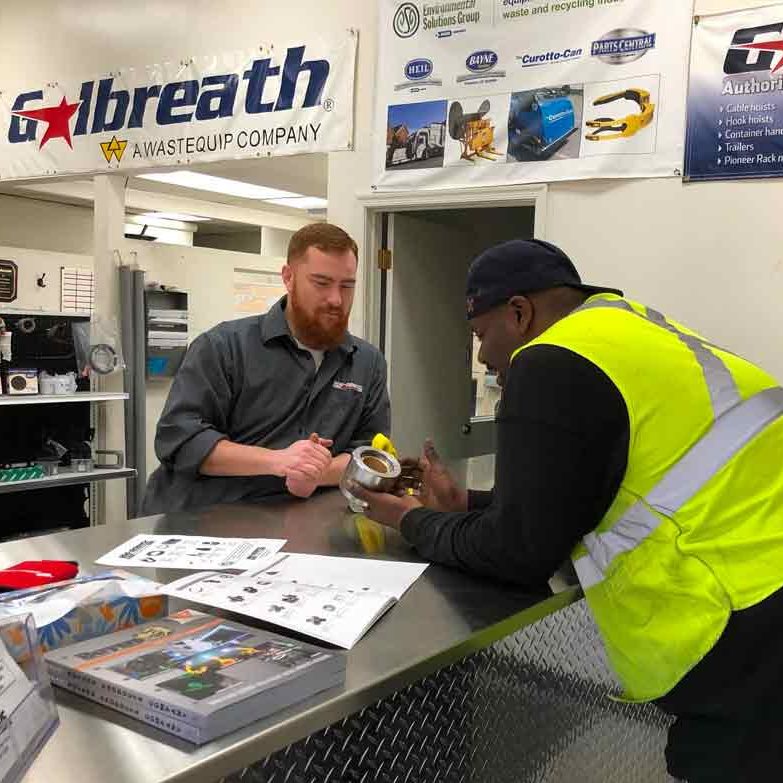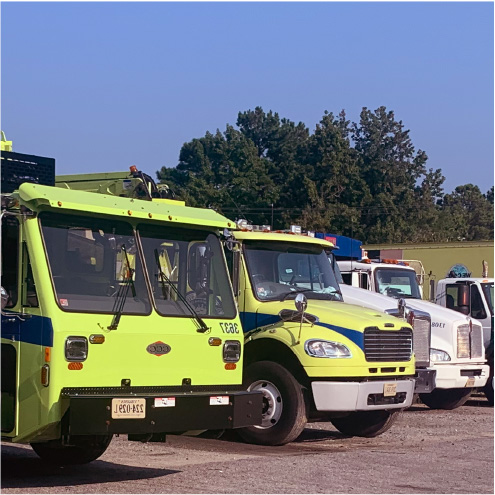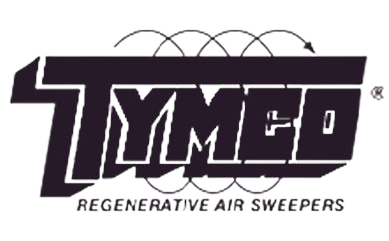As hurricane seasons continue to intensify and bring about more frequent and severe storms, communities around the world face the daunting task of preparing for their potential impact. In 2023, the need for storm preparation has become more urgent as the National Oceanic and Atmospheric Administration has forecasted 12 to 17 named storms this season.
Among the various critical sectors that need to brace for these natural disasters, waste industries play a crucial role in safeguarding public health, maintaining infrastructure, and ensuring a swift recovery. In this blog post, we will explore the significance of hurricane storm preparation in 2023 and delve into how waste industries can effectively prepare to mitigate the impact of these powerful storms.
Understanding the Growing Threat of Hurricane Storms in 2023:
Hurricanes are complex natural phenomena that arise from the combination of warm ocean waters, atmospheric conditions, and Earth’s rotation. In recent years, there has been a noticeable trend of intensifying hurricane seasons due to climate change. As a result, more frequent and powerful storms pose an ever-increasing threat to coastal regions and beyond. In 2023, the international community witnessed some of the most devastating hurricanes, underscoring the importance of robust preparedness strategies.
The Role of Waste Industries in Storm Preparedness:
The waste industry plays a pivotal role in managing the aftermath of hurricane storms. Waste management companies are responsible for collecting, transporting, and disposing of various waste streams, including household trash, debris, and hazardous materials. During and after a hurricane, waste industries face immense challenges, as damaged infrastructure, flooding, and disrupted operations can hamper their regular services.
Developing Comprehensive Storm Preparedness Plans:
To effectively respond to hurricane storms, waste industries must develop comprehensive storm preparedness plans that prioritize safety, coordination, and rapid response. Such plans should include:
a) Risk Assessment: Waste management companies need to assess potential risks to their facilities, transportation routes, and personnel. Identifying vulnerable areas helps prioritize resources and plan accordingly.
b) Employee Training: Proper training is essential to equip waste industry personnel with the necessary skills and knowledge to handle emergency situations. This includes safety protocols, equipment usage, and communication procedures.
c) Backup Power and Infrastructure: Waste facilities and transfer stations should have backup power systems in place to ensure continuous operation during power outages. Reinforcing critical infrastructure can also minimize damage and downtime.
d) Communication and Coordination: Effective communication among waste industry stakeholders, local authorities, and emergency response teams is crucial for efficient coordination during and after the storm.
Sustainable Waste Management Strategies:
In the aftermath of a hurricane, waste generation significantly increases due to debris, damaged property, and relief efforts. To cope with this surge in waste, waste industries can adopt sustainable waste management strategies, such as recycling and composting, to minimize the environmental impact.
Collaborating with Local Authorities and Communities:
Waste industries should proactively collaborate with local authorities and communities to enhance storm preparedness efforts. Participating in community outreach programs and disseminating information about waste disposal guidelines can help residents prepare for hurricane storms and contribute to a smoother recovery process.
In Conclusion:
Hurricane storm preparation in 2023 is a shared responsibility that requires proactive measures from all sectors of society. Waste industries, as critical players in disaster management, play an indispensable role in safeguarding public health and restoring normalcy after these devastating events. By implementing comprehensive storm preparedness plans, focusing on sustainable waste management, and fostering collaboration with local authorities and communities, waste industries can make a significant difference in mitigating the impact of hurricane storms and building more resilient communities for the future.
NOAA predicts a near-normal 2023 atlantic hurricane season. (n.d.). https://www.noaa.gov/news-release/2023-atlantic-hurricane-season-outlook

